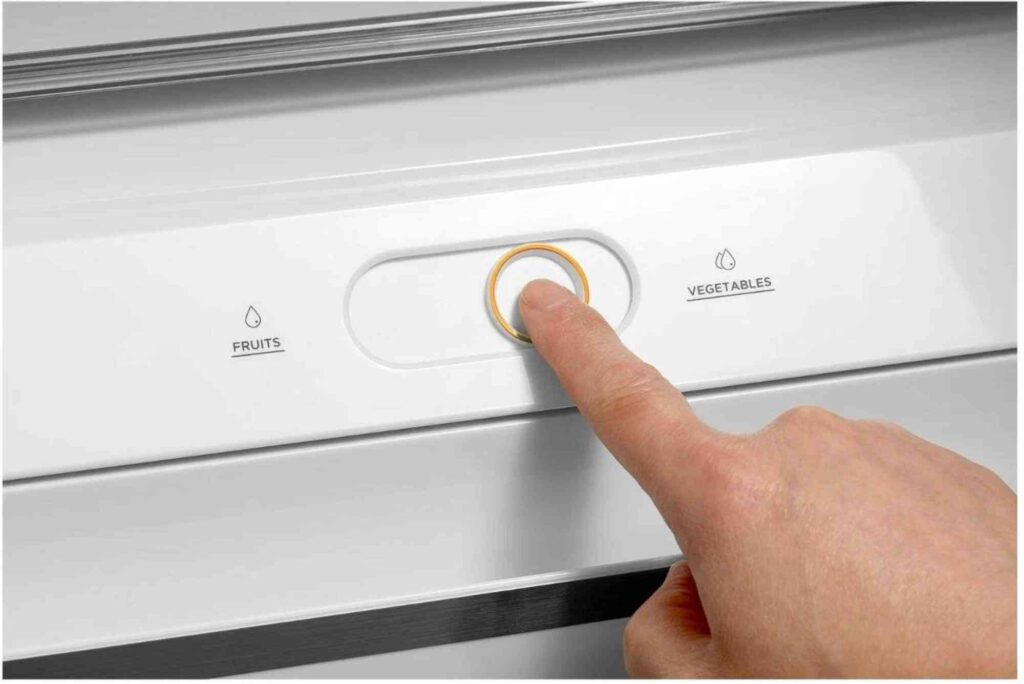Introduction
Refrigerators are essential household appliances, but they can also be significant contributors to your energy bills. Learning how to reduce your refrigerator’s power consumption is not only a cost-saving measure but also an environmentally responsible decision. By implementing effective techniques and understanding how your refrigerator works, you can optimize its efficiency and lower your energy consumption significantly. This guide explores the best ways to achieve this and addresses common questions homeowners have.
Reducing your refrigerator’s energy usage involves optimizing its placement, maintaining it regularly, and using it more efficiently. Refrigerators consume energy to maintain a consistent internal temperature. Factors such as room temperature, door usage, and cleanliness of the condenser coils all influence the amount of energy required. By addressing these factors, you can make your refrigerator more energy-efficient and extend its lifespan.
Step-by-Step Guide to Reducing Refrigerator Power Consumption
Proper Placement and Spacing
The placement of your refrigerator plays a crucial role in its energy efficiency. Ensure that the refrigerator is positioned away from heat sources such as ovens, stoves, and direct sunlight. Heat exposure forces the appliance to work harder to maintain its internal temperature. Additionally, leave at least two inches of space between the refrigerator and the wall to allow for proper ventilation around the condenser coils. Poor ventilation leads to heat buildup, increasing energy consumption.
Maintain the Ideal Temperature Settings
Setting the refrigerator and freezer to their optimal temperatures ensures efficient operation. For most refrigerators, the ideal internal temperature is 37°F (3°C) for the fridge compartment and 0°F (-18°C) for the freezer. Temperatures set lower than necessary increase energy usage without providing additional benefits. Regularly check the temperature settings to ensure they remain consistent.

Clean and Inspect the Condenser Coils
Dirty condenser coils are one of the leading causes of energy inefficiency in refrigerators. Dust and debris on the coils prevent proper heat dissipation, causing the compressor to work harder. Unplug your Refrigerator Repair Dubai and clean the condenser coils every six months using a coil brush or vacuum. This simple maintenance task can significantly reduce power consumption and improve the appliance’s overall performance.
Reduce Door Openings and Organize Efficiently
Every time the refrigerator door is opened, warm air enters, forcing the appliance to work harder to maintain its internal temperature. To minimize this, organize the refrigerator so items are easy to find and reduce the time the door remains open. Additionally, Az Repair Dubai avoid overloading the refrigerator, as overcrowding blocks airflow and reduces efficiency. Conversely, a moderately filled refrigerator retains cool air better than an empty one.
Replace Worn-Out Door Seals
The rubber door seals, or gaskets, ensure a tight closure that prevents cool air from escaping. Over time, these seals can wear out or become damaged, leading to air leaks that increase energy consumption. Test the door seals by closing a piece of paper in the door. If the paper slides out easily, it’s time to replace the seals. Regularly inspect and clean the gaskets to keep them in good condition.
Defrost and Decrease Frost Buildup
For refrigerators without automatic defrosting, excessive frost buildup in the freezer can reduce efficiency. Defrost the freezer regularly to maintain optimal performance. Thick layers of frost act as insulation, making it harder for the appliance to cool effectively. Follow the manufacturer’s instructions for defrosting to avoid damage.
Additional Tips to Save Energy
While the above steps cover the primary ways to reduce power consumption, Az Repair Location, consider these additional tips:
- Use Energy-Saving Modes: Some modern refrigerators feature energy-saving or eco-modes that optimize power usage. Activate this mode if available.
- Upgrade to an Energy-Efficient Model: If your refrigerator is over 10 years old, consider replacing it with an energy-efficient model rated by Energy Star. Modern refrigerators use significantly less energy than older ones.
- Keep the Refrigerator Full: A full refrigerator retains cold air better, reducing the frequency of cooling cycles. Use water bottles or containers to fill empty spaces.
FAQ: Related Questions About Refrigerator Efficiency
Q1: How much can I save by optimizing my refrigerator’s energy usage?
Optimizing your refrigerator’s energy usage can save you up to 10-20% on your electricity bill annually. The actual savings depend on factors such as the age and model of your refrigerator, electricity rates, and the improvements you make.
Q2: How often should I clean the condenser coils?
Condenser coils should be cleaned every six months. If you have pets or live in a dusty environment, consider cleaning them more frequently.
Q3: Can refrigerator placement really impact power consumption?
Yes, placement significantly impacts energy efficiency. Keeping the refrigerator away from heat sources and ensuring proper ventilation can reduce energy usage by up to 15%.
Q4: What is the lifespan of a refrigerator, and when should I consider replacing it?
The average lifespan of a refrigerator is 10-15 years. If your refrigerator is over 10 years old and shows signs of inefficiency, such as frequent cycling or poor cooling, consider upgrading to a more energy-efficient model.
Q5: Where can I find professional help for refrigerator maintenance in Dubai?
If you need assistance with refrigerator maintenance or repairs, Refrigerator Repair Dubai offers reliable and professional services to keep your appliance running efficiently. For more information about their services, visit Az Repair Dubai.
